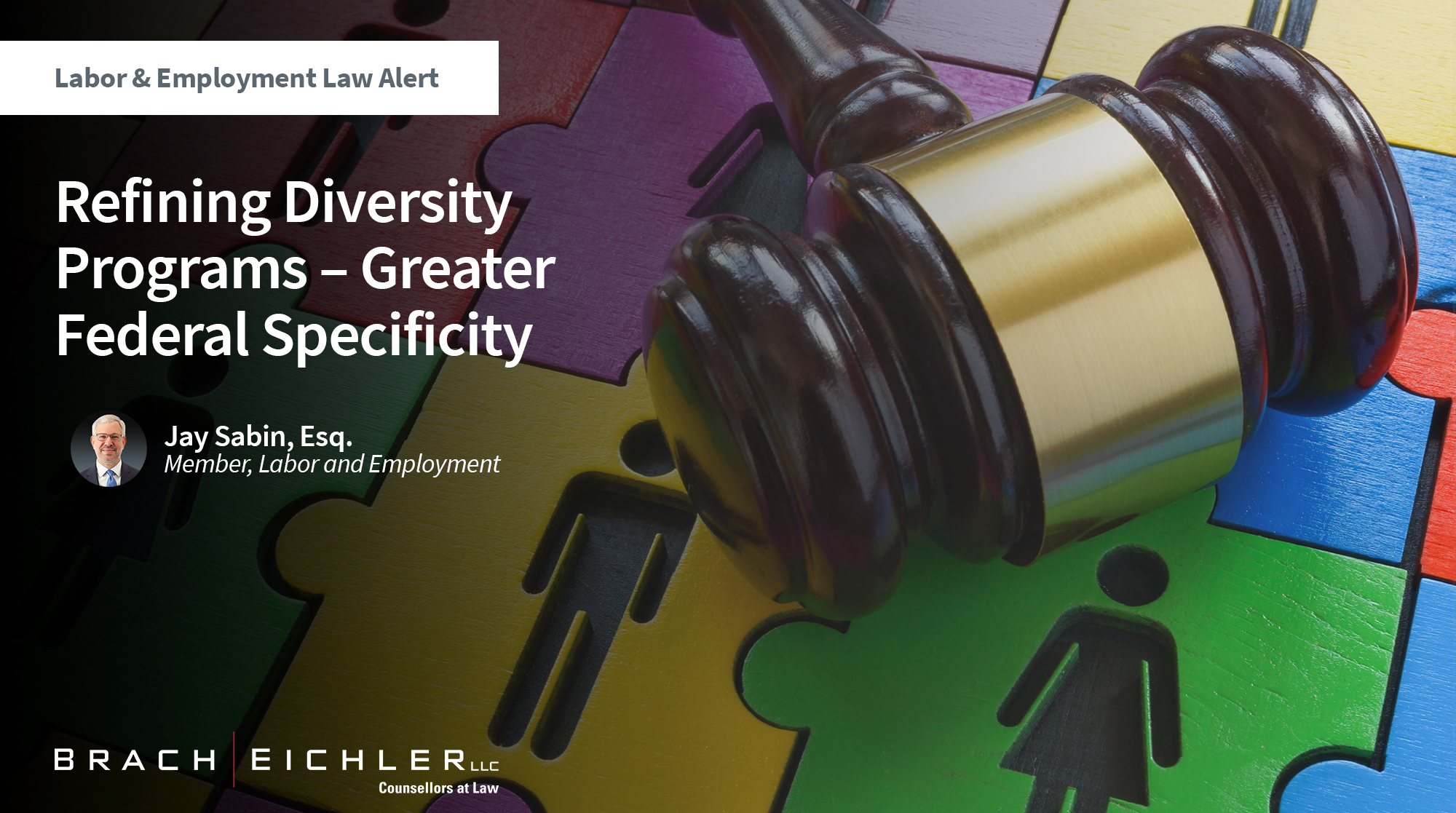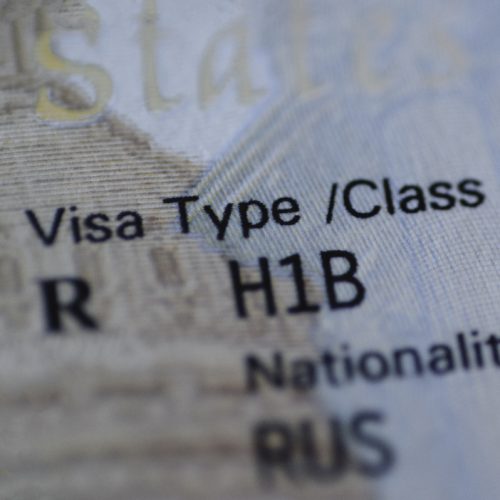Refining Diversity Programs – Greater Federal Specificity

9/25/2025
Since January 2025, when the second Trump administration began, the federal government has trained its sights on “DEI” programs. Many of the government’s early initiatives did not specify what types of programs would be considered illegal. The closest came from the EEOC in March 2025 when it issued guidance that a DEI program “may be unlawful if it involves . . . taking an employment action motivated—in whole or in part—by race, sex, or another protected characteristic” and that: “[u]nlawful limiting, segregating, or classifying workers related to DEI can arise when employers separate workers into groups based on race, sex, or another protected characteristic when administering DEI or any trainings, workplace programming, or other privileges of employment, even if the separate groups receive the same programming content or amount of employer resources.”
The federal government has now published more specific guidance, in the form of a July 29, 2025 memo from Attorney General Bondi to all federal agencies. Although this guidance is limited to recipients of federal funding, many private employers receive federal funding (e.g., Medicare and Medicaid) and its principles apply to all federal non-discrimination laws.
The Bondi memo identifies the following four types of diversity-related actions that “violate federal [non-discrimination] law unless they meet very narrow exceptions”:
- Preferential Treatment. Cited examples include (a) financial rewards / scholarships available to persons based solely upon their protected characteristics (such as a woman-only scholarship); (b) prioritizing job applicants based upon their protected characteristics (such as requiring a diverse slate of candidates); and (c) providing resources based solely upon a person’s protected characteristics.
- Using Proxies. Some employers have, in lieu of considering a person’s protected characteristic, come to rely upon information about the person that may correlate with the person’s protected characteristic. Per the Bondi memo, such proxies are equally illegal when the proxy was selected because its correlates with a protected characteristic and the employer implements the proxy “with the intent to advantage or disadvantage individuals based on protected characteristics.”
- Segregation. Similar to providing resources based solely upon a person’s protected characteristics, illegal segregation arises according to the Bondi memo when an employer forces employees to differentiate themselves based upon their protected characteristics. Cited examples include a DEI training group where participants must “separate into race-based groups (e.g., ‘Black Faculty Caucus’ or ‘White Ally Group’) for discussions, prohibiting individuals of other races from participating in specific sessions” and awarding set-aside contracts to a contractor based solely on the contractor’s protected characteristic (such as being female or minority owned).
- Training Programs. Training programs that “stereotype[s], exclude[s], or disadvantage[s] individuals based on protected characteristics” may be illegal if they create a hostile work environment or “impose penalties for dissent.”
Claiming that something may be illegal is far different than a judicial decision finding that a particular practice was illegal. Nonetheless, employers – in consultation with counsel – should carefully review the Bondi memo as part of continuing efforts to refine workplace diversity programs in this new enforcement climate.
For more information about your organizations’ diversity initiatives’ compliance with anti-discrimination law, please contact:
Jay Sabin, Member, Labor and Employment Practice at 917-596-8987 or jsabin@bracheichler.com













